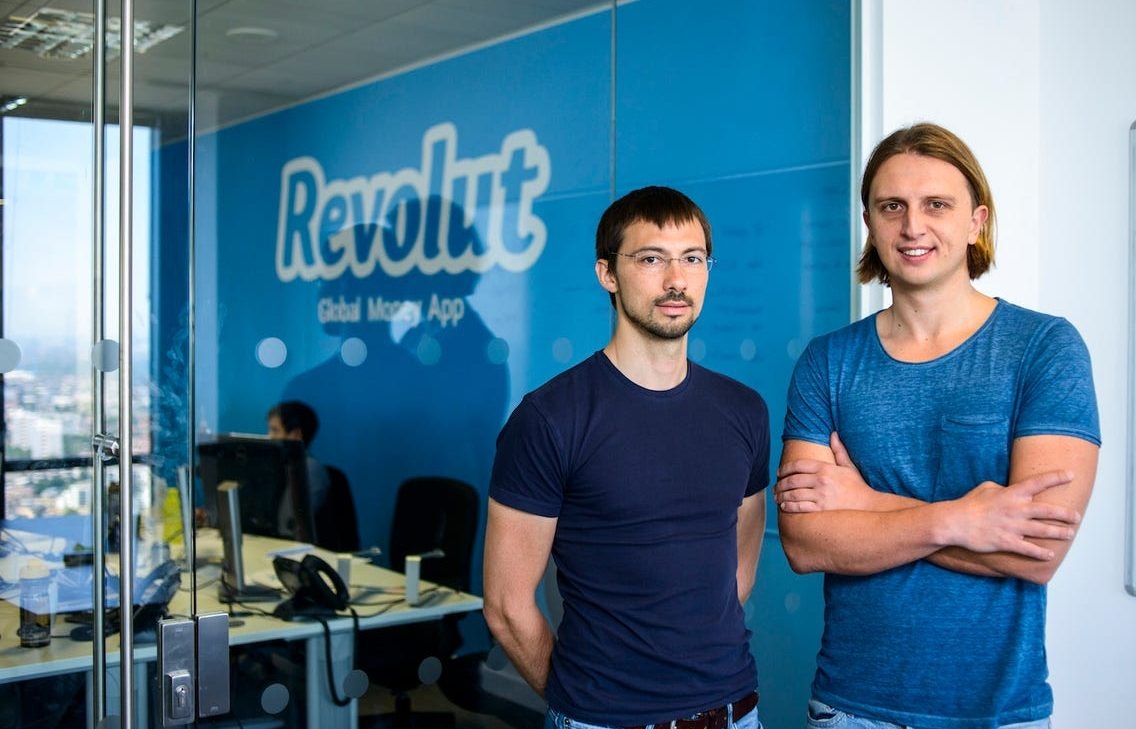It’s hard to imagine a less startup-y place in Europe than the long, clerical corridors of the Berlaymont, the main building of the European Commission in the heart of Brussels.
Yet it’s here on the 11th floor where Mariya Gabriel, a 43-year-old Bulgarian politician who is the EU’s innovation commissioner, is doing her best to square an almighty circle: connect Europe's bureaucracy with its startup ecosystem.
Her goal: to help EU startups thrive and put them at the forefront of the global tech race.
“In Europe, we have vibrant, dynamic local innovation, and ecosystems that are promising, growing,” she tells Sifted. Now it’s the EU’s job, she says, to support these startups to scale up, benefit European citizens and become frontrunners on the global tech scene.
That led to the publication of the EU's new flagship strategy for startups, dubbed a New European Innovation Agenda. The document, released earlier in July, aims to unlock up to €45bn in new financing for startups, train a million people in deeptech and create regional centres to foster innovation, among other things.
While the EU startup community has welcomed the new strategy — EU’s first comprehensive plan for startups — it’s voiced disappointment with the lack of ambition in two areas in particular: diversity and stock options.
Uniformed Europe
One problem that the EU plan might be taking too lightly is the issue of diversity in the startup ecosystem.
While the plan recognises women and minority groups are underrepresented in the European startup scene, the solutions it offers — such as creating special entrepreneurship and leadership schemes for women or collecting data on gender and diversity representation in startups — may not be enough to tackle the structural problems.
For example, female founder teams raised only 1.1% of funding raised by European startups in 2021. In the same year, teams made up solely of ethnic minority founders raised $1.8bn — compared with $103.9bn raised by all-white founding teams.
Gabriel says the situation is “a shame” — and adds she won’t shy away from introducing quotas in programmes she oversees.
“Excellence should always stay the main principle… but at the same time, [quotas are] a necessary step,” she says. “I was so much against all these things, but with time I'm discovering there is a need.”
She mentions the case of the European Innovation Council — the EU agency responsible for selecting the best EU startups for grants and equity investment from the bloc. Back in 2020, only 8% of funded startups on the programme were led by women.
“I said ‘no way’. I don't believe that there are only 8% of talented women,” she said. Then she requested that at least 25% of people interviewed were female. In five months, the share of female-founded startups eligible for funding increased to 29%. She says that these results give her a great case study to do even more — now she wants to increase the quota for interviews to 40%.
She’s also keeping a close eye on the diversity ratio of other programmes and schemes under her watch — for example the EU’s pledge to train one million people to work in deeptech workers over the next three years.
“I can assure you that I will pay a lot of attention to diversity,” she says. “I'm sure that if we stay very consistent, always saying that that's something important for us, we can somehow change the reality.”
Stock problem
Another concern is the lack of progress on employee stock option rules across the continent. Currently, national rules tend to be opaque, heavily taxed and differ from country to country.
That means that, unlike in the US, owning a part of a startup in Europe isn’t really considered a great benefit. That severely hinders the ability of EU companies to compete for the best talent, some say.
And, even though this problem has been known for years — and industry groups have been lobbying hard for change — the EU’s new plan merely mentions creating “a working group” for policymakers to share best practice.
“I can understand [startups’] frustration,” Gabriel says. But she stresses that the problem, which is obvious to startups, is a new issue for policymakers at the Commission.
She thinks that even the mention of the stock option issue in the new agenda will help her get the work on the problem moving forward.
“Because there is so much intense dialogue I stay very confident that we will be able on this institutional side of the process to advance more rapidly,” she says. “It's up to us now to accelerate the process.”
But there’s only so much she can do: the EU has limited power when it comes to governments’ taxation policies, and it’s also cautious about overregulating private companies.
Still, Gabriel says there's room for the EU regulator to address “some of the administrative barriers” that limit the uptake of employees stock options across the EU; and can send “a common message” to encourage governments to move in that direction.


